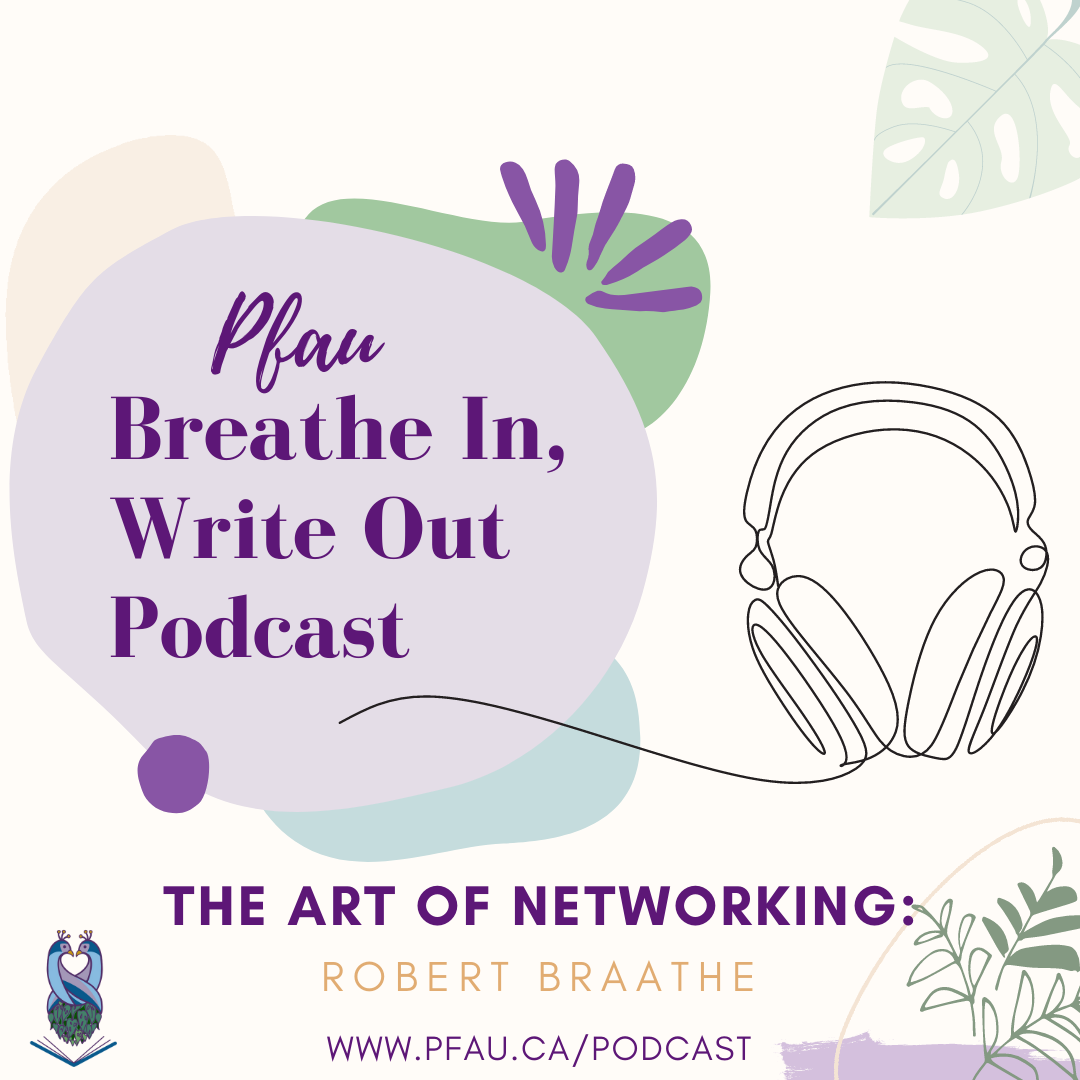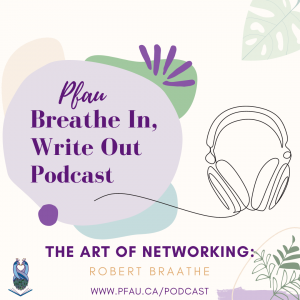We chatted with Robert Braathe about the art of networking. We thought this topic would be helpful to students who have recently graduated and are working on finding their first full-time job. While job searching can be very stressful, having the right tools and strategy can make success easy.

Robert Braathe is the founder of Braathe Enterprises, serving as a business trainer and leader of The Career Service Station, BEYourStart and TEMPO Business Training. Mr. Braathe received his MBA from Western Connecticut State University and his Bachelor of Arts in Hospitality from UMass. In addition, he has taken PhD level courses from The University at Albany and Northcentral University. After working in management positions with Walt Disney World, Gap and Apple, Mr. Braathe founded his company in October 2005. Mr. Braathe teaches at The College of St. Rose and several community colleges and private colleges in courses that include hospitality, management, marketing, and entrepreneurship.
What suggestions do you have for students who are academically strong, but struggling with networking?
I think it starts with realizing there’s no such thing as a closed door. I know I would go to the career fairs and sometimes I would just go to tables that maybe were companies beyond my expertise. They might have been looking for somebody with more experience, but establishing rapport is important. I think a lot of people would look for any excuse to avoid people, but people are the key to networking.
There was one time there was a snowstorm on the day of a Career Fair. Despite the weather, I decided to show up. It took my friend, Jennifer, and I an hour to get there by car, but it was worth it. They told me: “Well, all the interview spots are full, but chances are, we’re gonna have some no shows.” It ended up that we were the only two people that showed up for interviews and we got the job. So I look for any excuse whatsoever to meet people, no matter the situation. Obviously, if you’re really not feeling well, don’t push yourself to socialize. But, giving yourself that little push to talk to others when you are nervous or unsure, is a necessary part of successful networking.
The other piece is to know your value. I’ve been labeled as an overachiever – in other words, I’m good at school, but not other things.I learned quickly to take that as – I’m not an overachiever, I’ve just been underestimated. By understanding that so much of success in life is about luck and that we are all just human, I understood that I deserved to have a conversation as much as the next person. I think overcoming the inner critic that says – “I’m not good enough. I’m not intelligent enough, I’m not attractive enough.” – is key to successful networking. Whatever the hang up might be for somebody, it really impresses people when you just walk up to them and say: “Hi, I’m Robert/I’m Lisa. I’m here to learn from you and see if if you’re a right fit for me, just like if I’m a right fit for you.” It is a two way street on the job hunt with networking. You can walk up to a lot of people who might not see value in you, but the next thing you know, just having that little sidebar conversation leads to a relationship and that blooms into a professional opportunity.
How to you overcome the inner critic before and during networking engagements?
I always have a game plan. Before I’m even in the building hosting a networking event or on a Zoom call with a potential professional colleague, I think about what kinds of outcomes I am hoping to achieve. How many people do I want to have a good conversation with? I use the rule of 10 – can I have a conversation with one person that’s very valuable, and maybe a few others where I can follow up at a later date. Depending on the size of the group, you can multiply that, but set modest goals. For instance, if you go into a Career Fair, that has 30 companies, you can aim to have conversations with five, get information from 10, and then maybe chat with some other attendees or booth that seem interesting on your way out. Because you never know, that little table in the corner, that person who’s not speaking up a lot in a zoom call, chances are they’re just like you and they’re they’re wondering, why am I here today? And, and so having that plan is important.
What are key tips would you give someone starting to network for the first time?
One of my new favorite acronyms is C E LL. 1) Connect – have a conversation with as many people as you can. If you can have a virtual meeting or chat with three people a day, you’re meeting 1000 people a year. 2) Engage – try to reach out to the people. Maybe aim to reach out to 25 people a day. It sounds like a lot, but it can be a simple short message to start a conversation. Something like – how’s the semester going, things are great here would love to catch up some time, what’s new on your end. These can easily be copied and pasted and sent off to 25 people in a short period of time. 3) Linger – Get there early for events and stay late. Take the time to connect with as many folks as possible. 4) Learn – Focus on what you can learn from others and the networking process. By staying a little later, you might pick up on some juicy tidbits that weren’t accessible when there was a large crowd of people.
Recommended Books and Resources
Thank you, Robert, for sharing the excellent advice with us and our readers!
Missed Podcast? Watch Video Here:
_
For more advice about writing, check out our weekly, podcast, videos, or subscribe to our monthly newsletter.
_
To get more help with your assignments, book a 20 minute discovery session with us and start your journey to reaching your full potential on the page, and in life.
Both the written, visual, audio, and audiovisual content of this post has been created by and is the intellectual property of Lisa Pfau and PFAU Academic Writing. Please do not replicate any of the above content without our consent. However, please do feel free to share this post and its authorship widely.




